Science

Autumn 1
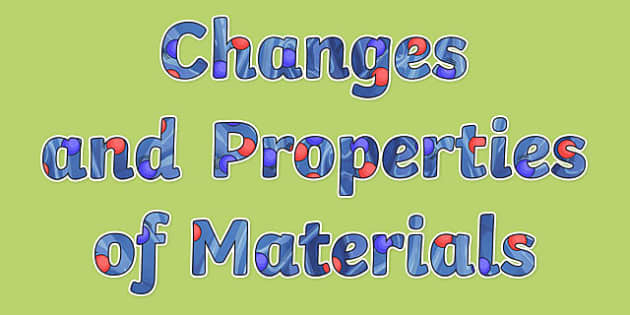
05.09.24
The children have been busy in science this week. They looked at which materials would be best for a food preparation area and conducted a fair test to get results. they have used words such as flexibility, weight, transparency, expected absorbency to understand how to make the test fair.
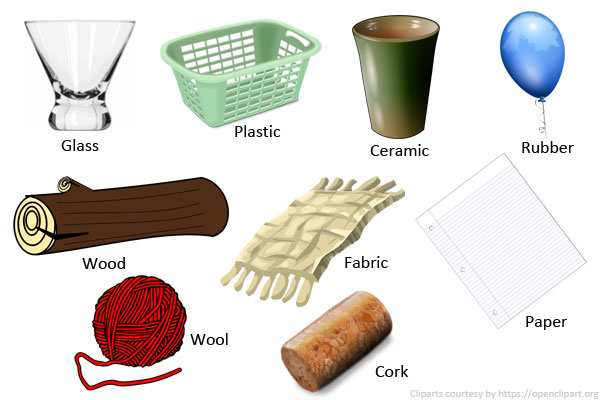
Soluble or insoluble?
Some substances dissolve when you mix them with water.
When a substance dissolves, it might look like it has disappeared, but in fact it has just mixed with the water to make a transparent (see-through) liquid called a solution.
Substances that dissolve in water are called soluble substances. When you mix sugar with water, the sugar dissolves to make a transparent solution. Salt is soluble in water too.
Substances that do not dissolve in water are called insoluble substances. When you mix sand or flour with water, they do not dissolve.
Autumn 1
This term the children have been looking at properties of materials.
The children looked at a variety of materials and tried assessing the durability, strength and absorbency of them
Below are the keywords they have learned and pieces of work completed so far.
Transparency, Absorbency, Strenght, Flexibility, Smooth and properties ( science-related )
Which material resists being scratched the most?
Which material does not soak water up?
Which material feels smooth to touch?
Which material can be cleaned easily with soap and water?
Click on BBC Bitesize logo to find out more.
![IMG_4512[1].JPG](/uploads/378/images/IMG_4512[1].JPG)
.JPG](/uploads/378/images/IMG_4513[1](1).JPG)
Autumn 2
Which materials are soluble?
Things like salt, sugar and coffee dissolve in water. They are soluble. They usually dissolve faster and better in warm or hot water. Pepper and sand are insoluble, they will not dissolve even in hot water
Click on the BBCBITESIZElogo below to find out more information
![IMG_E4726[1].JPG](/uploads/378/images/IMG_E4726[1].JPG)
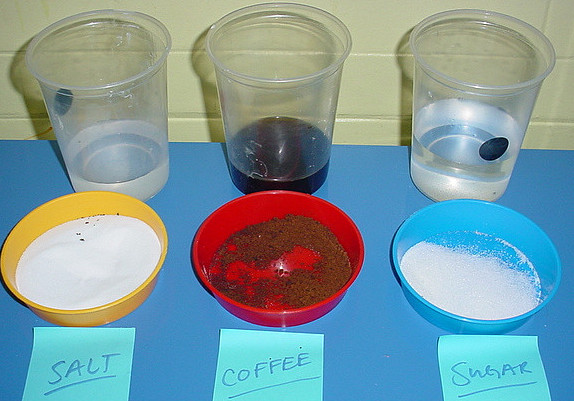
|
|
Evaporated |
|
Sugar with water
|
|
|
Ink with water
|
|
|
Salt with water
|
|
|
Instant coffee with water
|
|
Spring 1
Our science lessons are all about the Solar system.
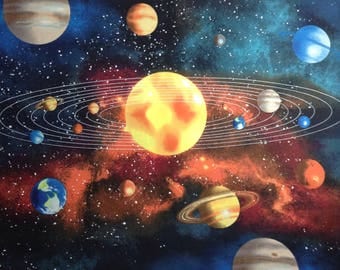

Here is a short video explaining The Solar System.
Click on the picture below to assess the video.
Working in groups, the children will research the eight planets, and the relationship with the Moon in our Solar System. They will be finding out about moons and rings, which planets have them and the colours of the different planets.
![IMG_7211[1].JPG](/uploads/378/images/IMG_7211[1].JPG)
![IMG_7214[1].JPG](/uploads/378/images/IMG_7214[1].JPG)
 Reedley Primary School
Reedley Primary School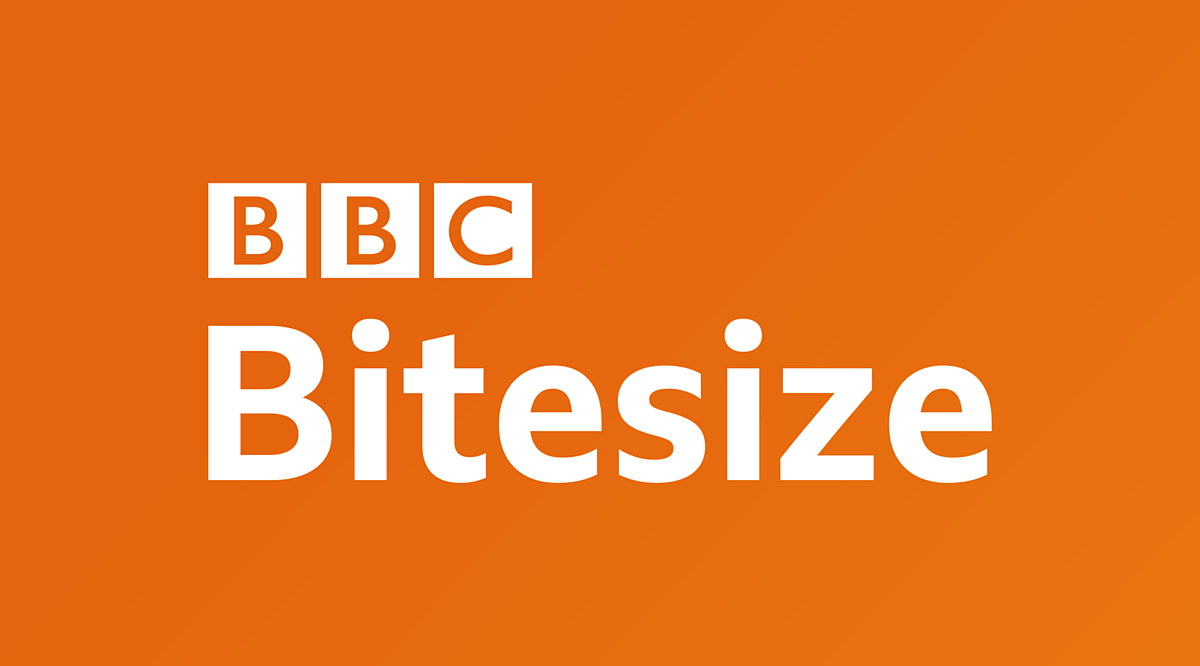
.JPG](/uploads/378/images/IMG_4516[1](1).JPG)
![IMG_E4727[1].JPG](/uploads/378/images/IMG_E4727[1].JPG)

![IMG_7213[1].JPG](/uploads/378/images/IMG_7213[1].JPG)